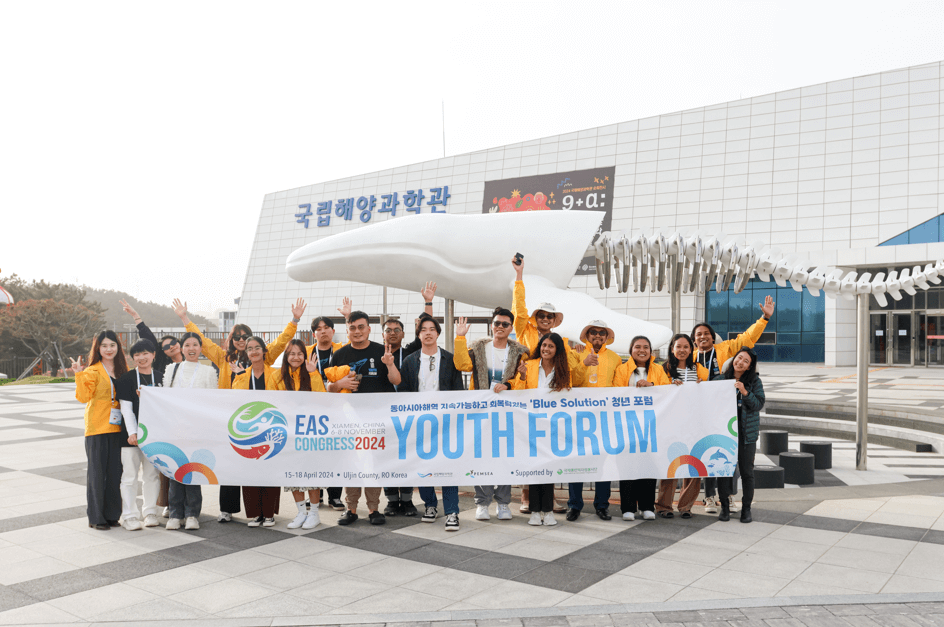Two Districts in Timor-Leste Evaluate Baseline Conditions
Friday, 4 November 2011

Dili, Timor-Leste — Being the youngest country in the East Asian Seas region has not impeded Timor-Leste from having the right perspective for the sustainable development of its oceans and coasts. Integrated coastal management (ICM) program implementation has been initiated in the country, with pilot sites in two districts, Liquica and Manatuto.
To guide ICM implementation in the two districts, the State of the Coasts (SOC) reporting system was adopted to determine baseline social, economic and environmental conditions in the areas, and identify priority issues that can be addressed through the ICM program. This information will also serve as a benchmark in ICM implementation. Regular updates of the SOC report will provide project managers, the communities and other stakeholders with evidence of progress, trends and achievements, as well as a basis for refinement of the ICM program.
The task teams for SOC reporting in Liquica and Manatuto consist of representatives from the district offices of health, education, environment, social, infrastructure, disaster, and are being coordinated by the District Fisheries Officer. The SOC task teams together with representatives from national government agencies (Ministries of Agriculture and Fisheries, Environment, Disaster, and Infrastructure) actively participated in a training workshop on SOC reporting and rapid appraisal in the Ministry of Agriculture Fisheries Office in Dili on 15-26 August. As part of this training effort, the rapid appraisals were completed in the two districts.
The rapid appraisal technique was introduced to address the issue of limited availability of data in the two districts. The technique allows the quick gathering of relevant information for the SOC. Although most of the information was qualitative, it gave an account of the coastal and marine resources in the area, the different threats to these resources, and an inventory of the existing initiatives as well as proposed plans and recommendations to address these threats. The current social and economic conditions, including ongoing management actions also assessed. The information gave a qualitative description of the current status of the area in terms of the five aspects, i.e., natural and man-made hazards prevention, habitat protection and restoration, food security and livelihoods management, water use and supply management, and pollution reduction and waste management.
Livelihood scoping was also conducted for the purpose of identifying livelihood opportunities and limitations in both districts. The provision of sustainable livelihood projects in two pilot sites was identified as one of the priorities for ICM implementation.
This activity, conducted by Dr. Neviaty Zamani of Bogor Agricultural University, Ms. Marilou Mendoza, a Livelihood Development Specialist, Ms. Daisy Padayao and Ms. Bresie Gervacio of PEMSEA, was conducted as part of the capacity strengthening support provided by PEMSEA for the implementation of the ICM program in Timor-Leste.



